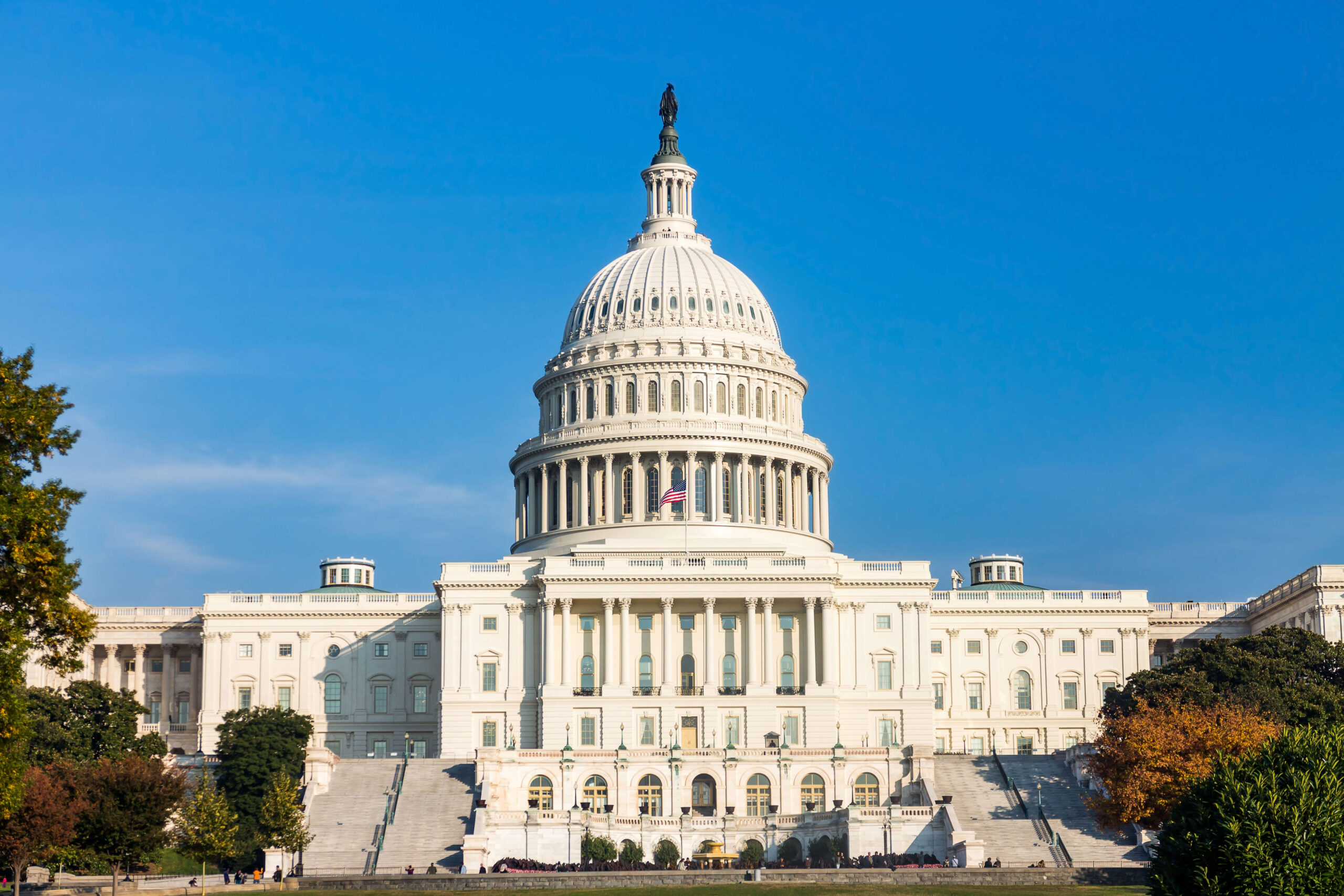Federal Contractor Vax Requirement Blocked. On December 7, 2021, the United States District Court for the Southern District of Georgia preliminarily enjoined President Joe Biden’s Executive Order (EO) 14042 (requiring vaccinations for employees of federal contractors) nationwide. The injunction follows a more limited injunction that issued last week. With the federal contractor vaccination requirement now sidelined along with the Occupational Safety and Health Administration’s (OSHA) COVID-19 vaccine emergency temporary standard (ETS) and the Centers for Medicare and Medicaid Services’ healthcare rules, the administration is currently 0–3 in its efforts to mandate vaccinations in private-sector workplaces (the vaccination requirement applicable to federal employees remains in place). Of course, this is just the current state of affairs—the litigation in all three challenges could still unfold in a variety of ways. In enjoining EO 14042, the court wrote:
The Court finds that Plaintiffs have a likelihood of proving that Congress, through the language it used, did not clearly authorize the President to issue the kind of mandate contained in EO 14042, as EO 14042 goes far beyond addressing administrative and management issues in order to promote efficiency and economy in procurement and contracting, and instead, in application, works as a regulation of public health, which is not clearly authorized under the Procurement Act.
Leigh M. Nason has the details.
Senate Votes to Rescind OSHA Vax ETS. On December 8, 2021, the U.S. Senate approved a Congressional Review Act (CRA) joint resolution that would rescind OSHA’s ETS. The resolution passed, 52–48, with Democratic senators Jon Tester (MT) and Joe Manchin (WV) joining all 50 Republican senators in voting to rescind the ETS. At the time of this writing, the U.S. House of Representatives has not moved on a companion resolution. Of course, even if the House were to take up and pass a CRA resolution, President Biden would almost assuredly veto the measure. In 2015, President Barack Obama vetoed a CRA resolution sent to him by Congress that would have rescinded the National Labor Relations Board’s (NLRB) “ambush” election regulation.
NLRB to Return to Fractured Bargaining Units? On December 7, 2021, the NLRB announced that it would accept amicus briefs on the issue of whether it should return to the bargaining unit determination standard as set forth in the 2011 Specialty Healthcare & Rehabilitation Center of Mobile case. That case—which established an “overwhelming community of interest” standard for inclusion of excluded employees into a petitioned-for bargaining unit—was overruled in a 2017 case. Dissenting members John F. Ring and Marvin E. Kaplan predict that the end result of the Board’s latest foray into this issue—a return to allowing unions to organize micro-bargaining units under Specialty Healthcare—is inevitable (“It seems more likely than not that the current Board majority will return to the one-sided analysis of Specialty Healthcare,” they wrote), and they have expressed concern that the Board might even take the standard further to allow the extent of employees’ organizing to be a controlling factor in unit determinations. Briefs are due no later than Friday, January 21, 2022.
Whither the Regulatory Agenda? With just a few weeks left before the end of the year, the administration has not yet released its 2021 fall regulatory agenda. The agenda will forecast the administration’s regulatory activity for the first half of 2022—something that the regulated community is very curious about. There is no specific deadline by which the agenda must be released, but prior fall regulatory agendas dating back from 2020 to 2018 were published on December 9, November 20, and October 17, respectively. If history is a guide, the 2021 fall regulatory agenda should be released any day now.
RIP, Bob Dole. Former senator Robert J. Dole passed away on December 5, 2021, at the age of 98. Dole represented Kansas in the U.S. Senate for 27 years, from 1969 to 1996, serving as both majority leader and minority leader, and he was a member of the House of Representatives from 1961 to 1969. He lost both presidential elections in which he was a nominated candidate: in 1976, as former president Gerald Ford’s vice presidential nominee, and in 1996 as the Republican presidential nominee. Severely wounded in combat as a 21-year-old enlisted soldier during World War II, and having sustained an injury that resulted in the loss of the use of his right hand, Dole subsequently became an advocate for the disabled during his time in politics. In particular, he played a vital role in negotiating language and garnering Republican support for the bill that became the landmark Americans with Disabilities Act of 1990. Dole continued his advocacy for people with disabilities, even in retirement. In 2012, he delivered a speech on the floor of the U.S. Senate in favor of the ratification of the United Nations Convention on the Rights of Persons with Disabilities. The vote on ratification failed by five votes. Former senator Dole lay in state in the U.S. Capitol Rotunda on December 9, 2021, and he will be buried at Arlington National Cemetery.





